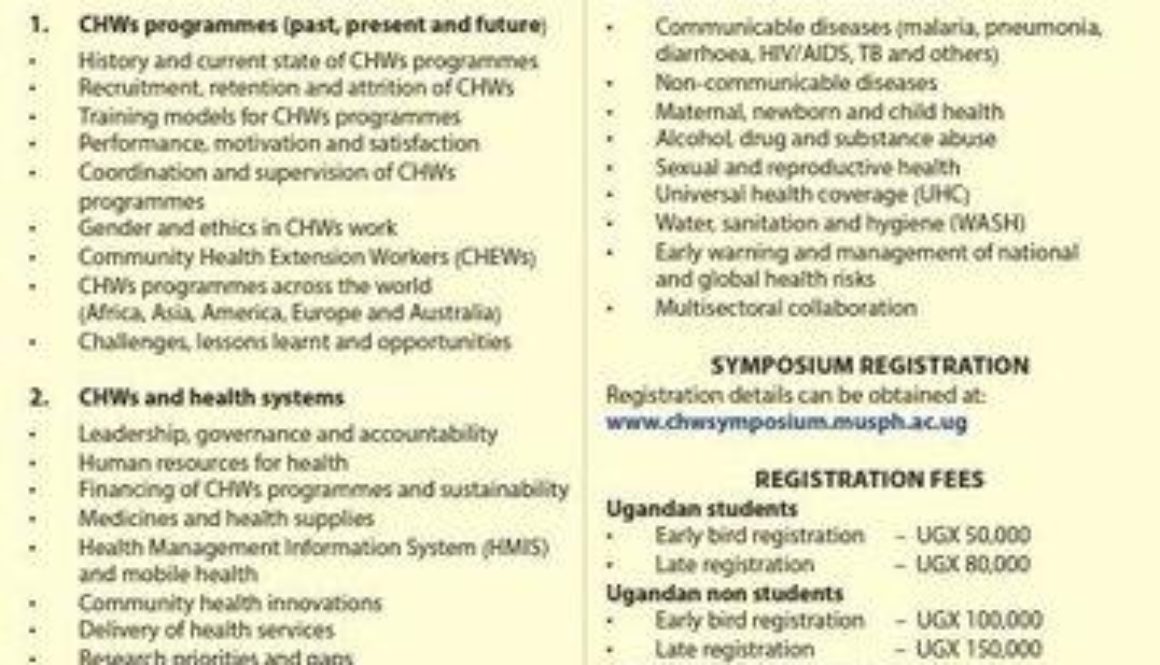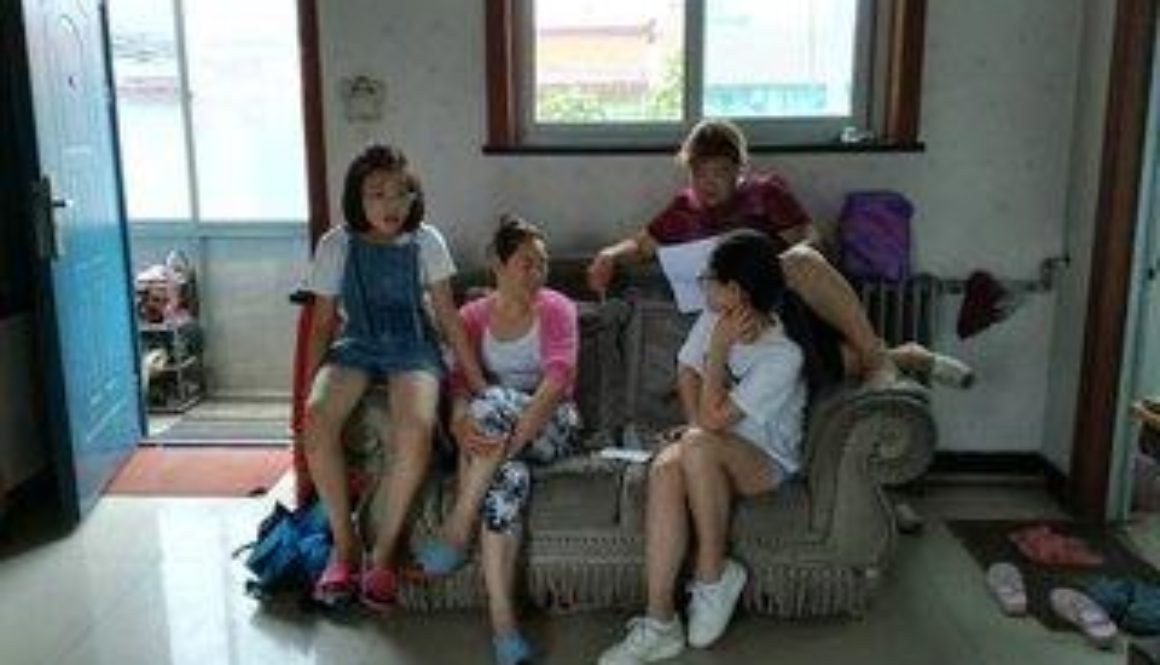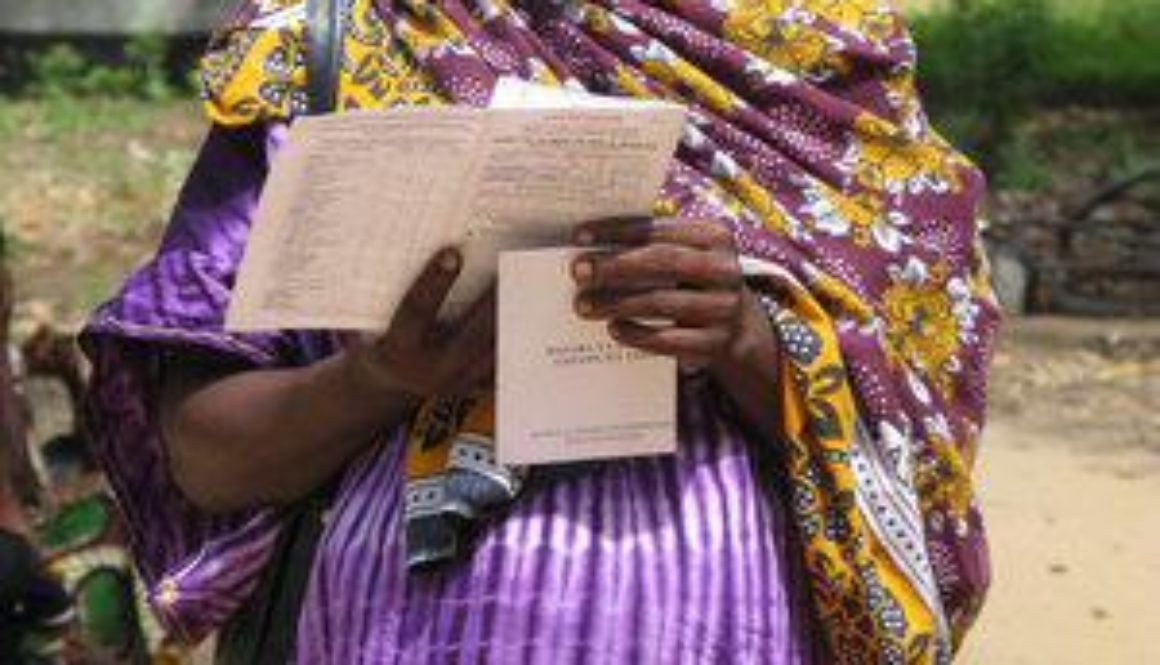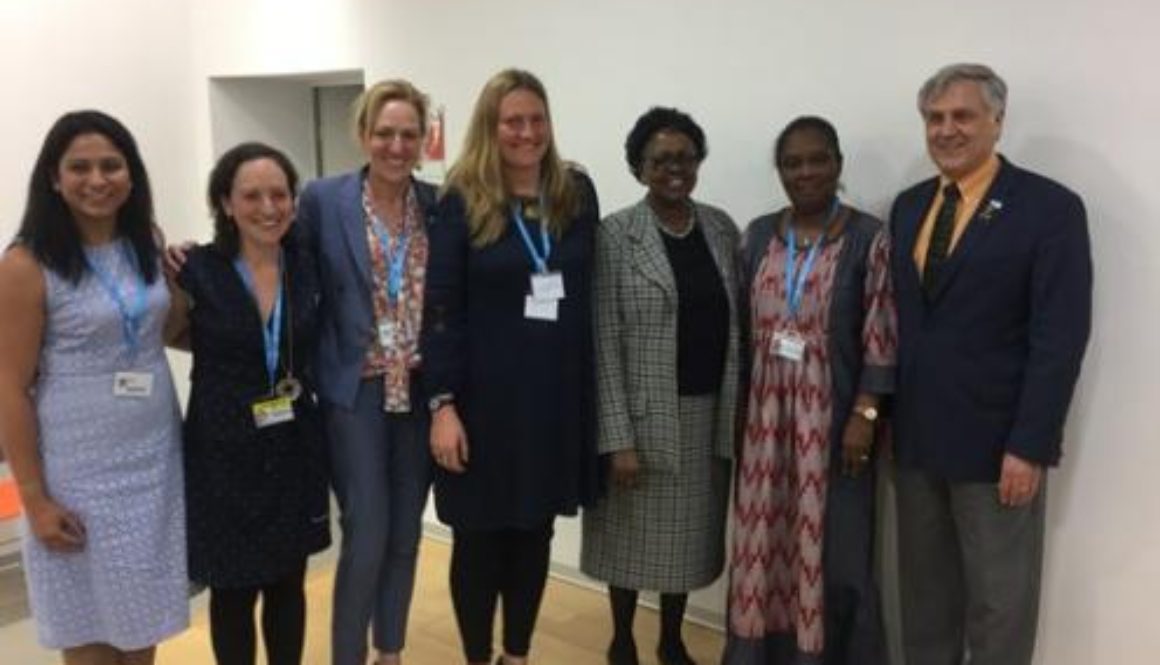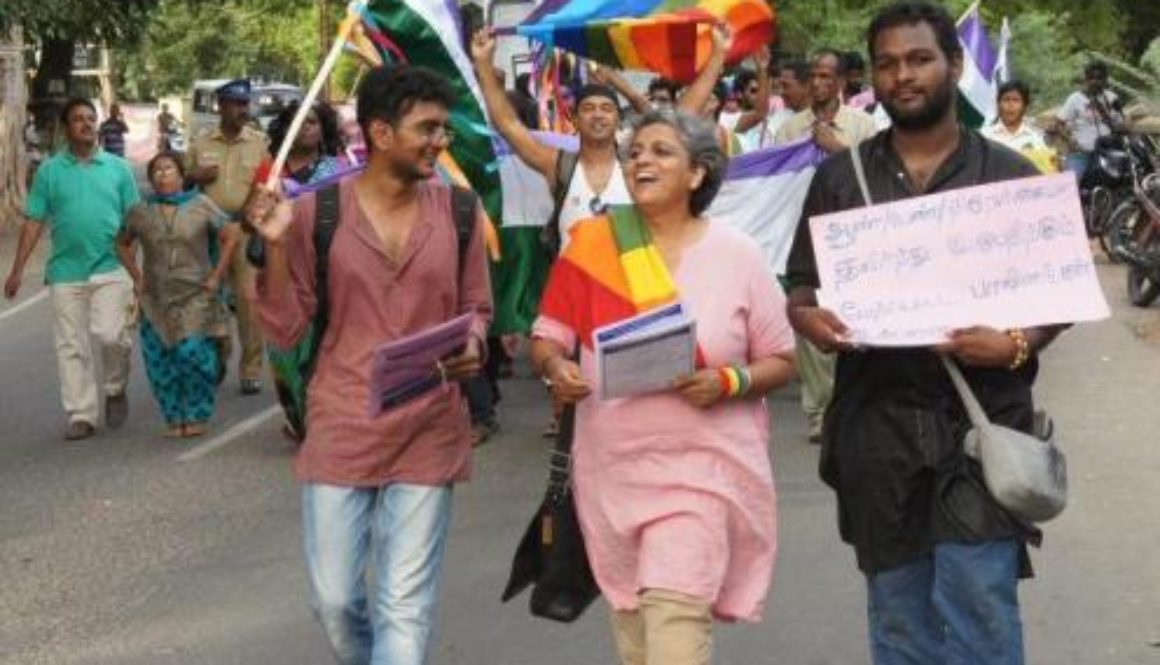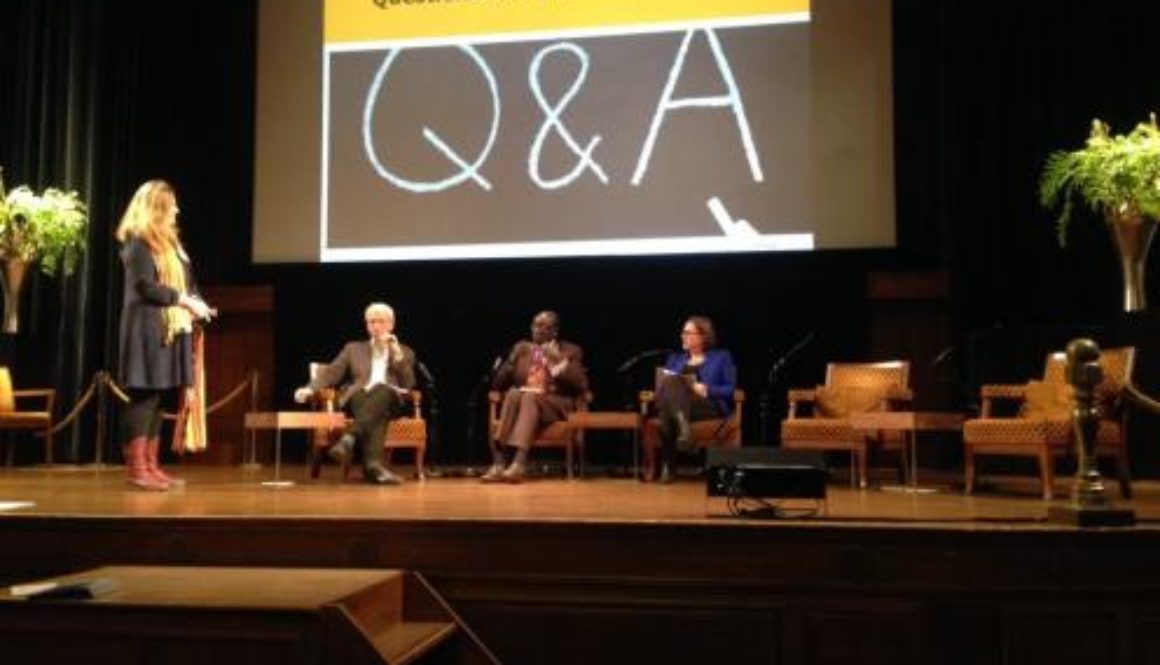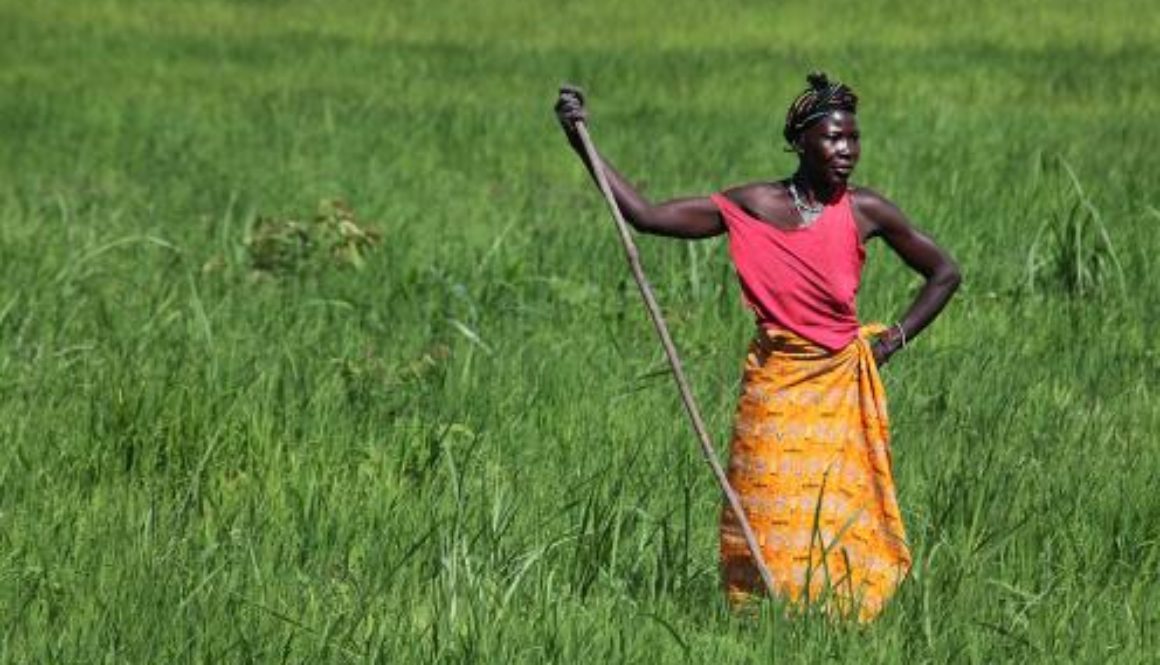How can we best strive for social justice in a complex, profoundly unequal and rapidly changing world? Although the discussions were very wide ranging, this was the key question underlying the meeting to launch the GRAND network this week. Dr Anuj Kapiashrami (University of Edinburgh), Dr Oonagh O’Brien (Queen Margaret University), and Ines Smith (Oxfam), among others, had assembled a diverse group of speakers and discussants, many of whom shared in common an academic-advocate-practitioner positionality, using theory and practical action to inform and interrogate each other. As a result, the discussions were both challenging and inspiring.
Discussions took intersectionality approaches as their starting point, with Professor Olena Hankivsky (Director of the Institute for Intersectionality Research and Policy, Simon Fraser University) clearly and insightfully reminding us that this concept is understood and applied in a range of ways, so we need to define our terms. A number of key shared principles emerged from the discussions. Perhaps most centrally, we agreed that an orientation towards informing action for social justice is critical to the approach as we understand it.
To this end, intersectionality may be understood as a heuristic device for characterising the nature of social injustice and inequities. As a key principle it holds that these run along multiple axes of power such as gender, class, caste, sexuality, dis/ability and locality, which intersect to create shifting social ‘locations’ in relation to power. For most of us therefore, we experience simultaneous privilege and ‘penalty’: we enjoy advantages and exercise power in some relations, spaces and times, but are disadvantaged and disempowered in others.
Professor Nira Yuval Davis (Director of the Research Centre on Migration, Refugees and Belonging, University of East London) proposed additional conceptual tools for explaining inequities, identifying three major domains for these processes:
- inequities in resources related to the control of production and reproduction;
- power systems in governance; and,
- the construction, maintenance and reconstruction of social domains (such as caste, race/ethnicity, gender and religion).
The contributions of feminist gender analysis to understanding these were also highlighted. However, in a challenging presentation of an ethnographic study of the history and current realities of the pastoralist Karamjong people in north-eastern Uganda, Dr Collette Harris (SOAS) told a cautionary tale of the ways that the ‘vision’ of ‘outsider’ gender analysts may be deeply compromised if we look through the lens of our own experiences of gendered power relations; for example in assuming that the pejorative connotations of reproductive work in modern capitalist societies is a universal given. There was also a strong agreement on the importance of problematising binary notions of gender and the inclusion of alternative genders in analysis and action.
Whilst intersectionality might often be thought of as a tool for micro level analysis, the vital importance of exploring the macro processes shaping inequities emerged from many of the discussions. Many speakers pointed to global and local contexts of rapid and radical social, economic and political change, including: increasing wealth gaps; deepening complexity of social locations and inequalities; intensifying equations between the state and the market in neo-liberal hegemonies and the related expansion of the power of unaccountable multi-nationals; escalating exclusionary nationalist politics with regard to refuge/asylum and migration; urbanisation and the related expansion of marginal peri-urban spaces, and environmental degradation. Professor Padma Velaskar (Tata Institute of Social Sciences) cautioned us not to limit feminist analyses to the micro-level.
Professor Nira Yuval Davis’ powerful lecture on ‘Everyday Bordering’highlighted the re-configuring and ‘out-sourcing’ of our national borders (for example constituting borders in other territories through embassies), and insidious re-constitution of citizenship to include untrained and unpaid ‘bordering’ obligations in an expanding range of positions, including teachers, university lecturers, landlords, doctors, and employers. It was disturbing to reflect on my own inclusion as both a ‘border guard’ (required to check attendance of non-EU students), and as an object of bordering (having to present my passport when carrying out external examining). Yuval Davis stressed the costs of these practices, critically the social costs of undermining trust, social cohesion and discourses of ‘congenial plurality’ through this everyday policing of the borders of ‘belonging’. In powerful, moving testimonies from asylum seekers as part of a film made by the EU ‘Everyday Bordering’ project, a group of women expressed their sense of ‘suffocation’ and insecurity: ‘what have I done to deserve this?’ asked one woman who had escaped violent family control.
There is a clear need for conceptual tools and frameworks to make sense of these forces, and their unequal outcomes, in the bodies and social well-being of individuals and communities. In a separate meeting on 26th April, Professor Sundari Ravindran (Sree Chitra Tirunal Institute for Medical Sciences and Technology, Trivandrum) proposed the usefulness of integrating some of the common frameworks for analysis, including intersectional gender analysis, Social Determinants of Health and Human Rights Based approaches, recognising that each have their strengths and limitations for identifying key inequities and informing strategies and actions. Discussants broadly agreed on the potential usefulness, but also raised challenges around the limits of efforts at universality across diverse contexts, the inherent limitations of analysis tools in representing complex, multi-dimensional reality, and the ultimate need for social and political processes to achieve social justice.
Strategies and methodologies for change was a final central concern of the discussions. Speakers such as Professors Abhijit Das (Centre for Health and Social Justice and Co-chair, MenEngage) and Yuval Davis emphasised the importance of understanding lived realities through complex lenses and the goal of creating ‘an approximation of reality’ by engaging with perspectives from various ‘situated gazes’. This poses a challenge to the hegemonic dominance of positivist epistemologies in public health, but several participants stressed the importance of engagement with epidemiology to explore the interaction between variables that are usually ‘controlled for’.
The vital importance of critical reflexivity was brought home to me, both in terms of the importance of humility and openness as a researcher, but also as a powerful tool for shifting power in relationships in multiple ways. Das gave an example of the limits of identity politics and the potential in ‘transversal’ or ‘solidarity’ politics through his work on masculinities in India, which focuses on developing reflexivity among men by acknowledging their privileges as well as identifying their own unmet entitlements and experiences of oppression. He shared his experience that promoting deepening intimacy between men and the women in their lives – whether mothers, sisters, daughters or wives – in a primarily ‘homosocial’ society could lead to increase in both empathy for women’s empowerment, and a recognition of collective rights and power to claim these in other areas of their lives.
Ravindran, Das, and Professor Ramila Bisht (Jawaharlal Nehru University, New Delhi) all emphasised the centrality of rights-based approaches to the pursuit of social justice, including a focus on collective rights and notions of institutional discrimination, and the key principle of participation to develop the capacity to hold states to account. Das’s reminder that rights are always established and often re-established through processes of contestation was a fitting end to the discussions as a call for action. I look forward to opportunities to meet and learn from these inspiring people again, through future GRAND and RinGs events.
Rachel Tolhurst is a senior lecturer at the Liverpool School of Tropical Medicine with a background in gender, development and health. She is a member of the Gender and Health group.
For further information about the GRAND network, please contact Anuj Kapilashrami on: Anuj.Kapilashrami@ed.ac.uk.
For further resources intersectionality see:
Photo credit: Athlour


